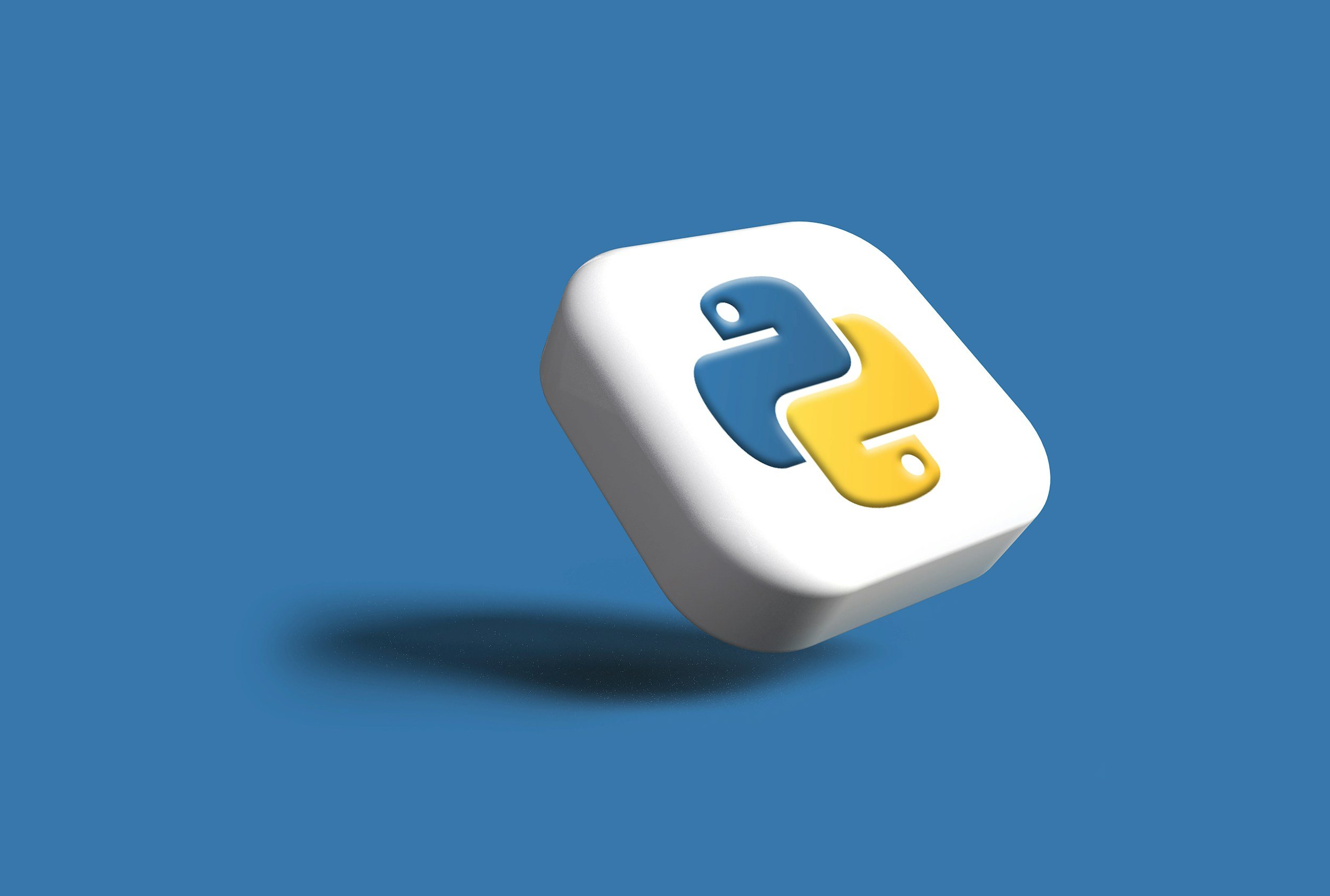
Python for Machine Learning
This course transforms you from a Python beginner into a machine learning practitioner, covering data wrangling, visualization, and model building with tools like Pandas, Seaborn, and Scikit-learn. You'll apply your skills through hands-on projects that solve real business problems and deliver actionable insights.
Instructor: Ridwan Ibidunni
Available to members only
Prerequisite
Computer basics
Basic math
Google account
Growth mindset
No coding/ML background
Modules & Duration
8 modules
7 weeks + final project
Assignments
14 assignments
4 projects
What you'll learn
Core Python for ML: Master Python control structures, data structures (lists, dictionaries), and OOP principles to build scalable ML scripts.
End-to-End ML Workflows: Implement supervised (regression, classification) and unsupervised (clustering) models using Scikit-learn pipelines.
Data Visualization & Preprocessing: Visualize trends with Matplotlib/Seaborn and preprocess data using Pandas/NumPy for real-world datasets (e.g., Titanic, COVID-19).
Model Evaluation: Select metrics (MSE/R² for regression; precision/recall for classification) and diagnose bias-variance tradeoffs.
Data Wrangling: Clean raw data by handling outliers, normalizing features, encoding categorical variables, and splitting datasets.
Production-Ready Models: Optimize models via cross-validation, hyperparameter tuning (GridSearchCV), and ML pipelines.
Skills you’ll gain
Python scripting
Pair plots
Scikit-learn
Variable
Data structure
NumPy
Supervised and unsupervised ML with Scikit-learn
Pandas
Control statement
Matplotlib
Pandas DataFrames
Pipelines
Jupyter
Cross-validation
Data cleaning
Matplotlib charts
hyperparameter tuning
MSE, MAE, R², accuracy, precision, recall
Pipelines structuring
Seaborn heatmaps
Google Colab
Add certificate to your LinkedIn profile
Taught in English
EDA
NumPy arrays
Model evaluation
Seaborn
Brief Course Description - 8 modules
Python is the backbone of modern machine learning, powering everything from data preprocessing to deep learning. This course transforms you from a Python beginner into an ML-ready practitioner. You’ll master data wrangling with Pandas/NumPy, visualize insights with Matplotlib/Seaborn, and build production-grade models using Scikit-learn. Through hands-on projects—like predicting diabetes progression or segmenting customers—you’ll tackle real business problems and learn to deploy solutions that drive decisions. Enroll today to turn data into actionable intelligence.
-
What you'll learn:
Write Python scripts using variables, loops, functions, and OOP.
Includes:2 hours of live virtual lectures.
Hands-on: Grade calculator, student database.
Assignment: Build a factorial script
-
What you'll learn:
Manipulate arrays, compute statistics, and handle multi-dimensional data.
Includes:2 hours of live video lectures
Hands-on: Matrix multiplication, sensor data analysis
Assignment: 3D array normalization
-
What you'll learn:
Clean, aggregate, and merge datasets for EDA.
Includes:2 hours of live virtual lectures
Hands-on: Titanic dataset cleaning, COVID-19 recovery rate calculation
Assignment: Sales data analysis
-
What you'll learn:
Create line/bar plots, heatmaps, and pairplots to uncover trends.
Includes:2 hours of live virtual lectures
Hands-on: Monthly sales charts, Iris dataset correlations
Assignment: EDA report with 5+ plots
Tools: Seaborn, Matplotlib
-
What you'll learn:
Scale features, encode categories, and prevent data leakage.
Includes:2 hours of live virtual lectures
Hands-on: House price standardization, gender encoding
Assignment: Preprocess banking data for ML
Tools: Scikit-learn pipelines
-
What you'll learn:
Train models like logistic regression and compare frameworks.
Includes:2 hours of live virtual lectures
Hands-on: Iris classification, MNIST digit recognition
Assignment: Build a diabetes predictor
Tools: Scikit-learn
-
What you'll learn:
Optimize models using cross-validation and hyperparameter tuning.
Includes:2 hours of live virtual lectures
Hands-on: GridSearchCV, learning curves
Assignment: Churn prediction model
Dataset: Telecom customer data
-
What you'll learn:
Integrate all skills into an end-to-end ML workflow.
Includes:Guided project: Diabetes progression prediction
Tasks: Data exploration → preprocessing → model tuning → evaluation
Deliverable: Jupyter notebook with actionable insights
Grading: Functionality (40%), EDA (20%), tuning (10%)
Why This Course Stands Out
Real-World Projects: Tackle datasets from healthcare (diabetes), finance (churn), and retail (customer segmentation).
Industry Tools: Use Scikit-learn, Numpy, and Pandas in every module.
Career Focus: Build a portfolio with 4 projects to showcase on LinkedIn.



